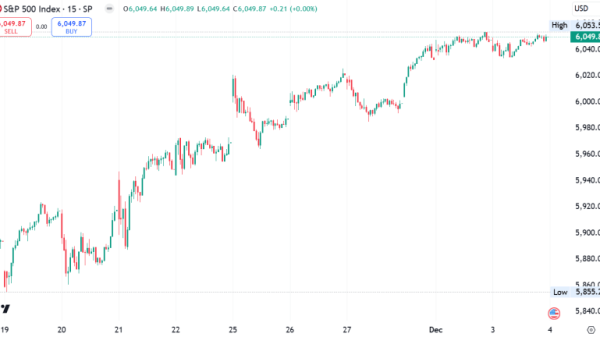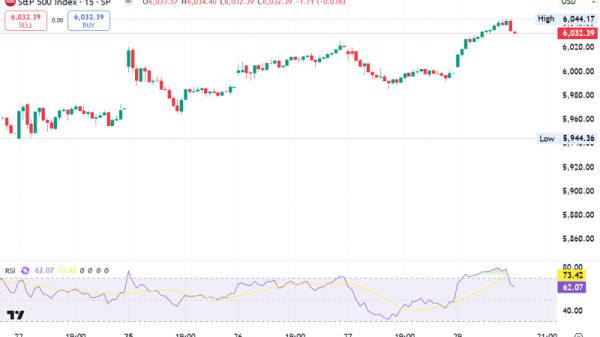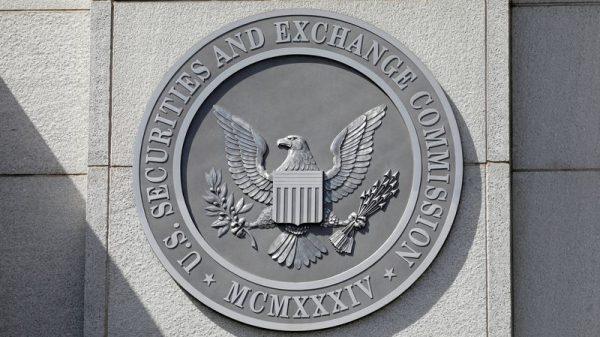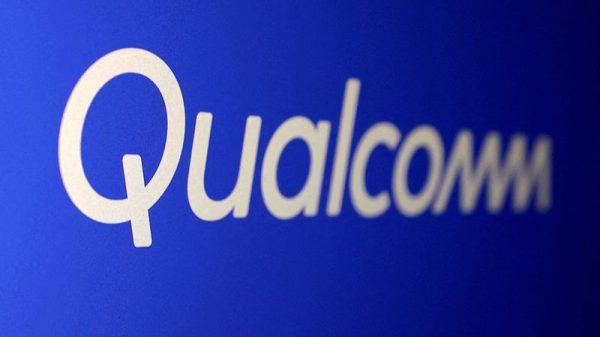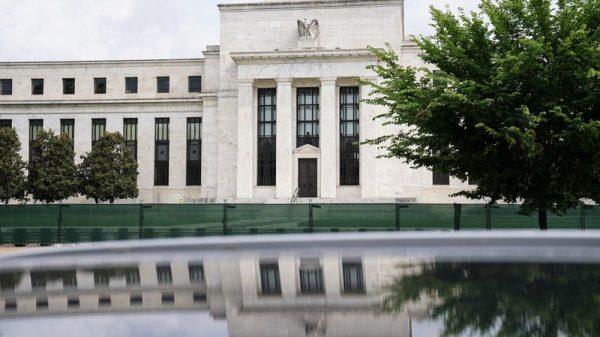By Ariba Shahid
KARACHI (Reuters) – Pakistan’s central bank cut its key policy rate by a record 250 basis points to 15% on Monday, exceeding expectations, as the country bid to revive a sluggish economy amid a big drop in the rate of inflation.
Respondents in a Reuters poll last week expected a cut of 200 bps after inflation moved to 7.2% in October, a sharp drop from a multi-decade high of nearly 40% in May 2023, saying reductions were needed to bolster economic growth. The finance ministry expects inflation to slow further to 5.5% to 6.5% in November.
Pakistan has reduced interest rates by 700 bps since June in four consecutive cuts.
The State Bank of Pakistan (SBP) justified the rate cut, stating that the current monetary policy stance is suitable to achieve price stability and maintain inflation within the 5-7% target range.
“This will also support macroeconomic stability and help achieve economic growth on a sustainable basis,” it said.
Central Bank Governor Jameel Ahmad told analysts in a briefing following the rate cut decision that bilateral partner countries have assured the International Monetary Fund (IMF) that they will continue rollovers of their debt for the duration of Islamabad’s bailout program.
The IMF, in September, gave a boost to Pakistan’s struggling economy by approving a long-awaited $7 billion facility that will last 37 months.
Despite not providing revised figures, the bank anticipates that average inflation for the fiscal year ending in June 2025 will be significantly lower than the previous 11.5 to 13.5% forecast, and GDP growth for the current fiscal year will exceed previous expectations, though still be within the 2.5 – 3.5% targeted range.
Adnan Sheikh, assistant vice president at Pak Kuwait Investment Company, said the larger than expected cut indicated a rapid easing of inflation.
He noted the reduction is crucial for sectors like manufacturing, consumer, construction, and textiles, which are operating below optimum capacity, especially as purchasing power for ordinary citizens has plunged after a long period of rapid inflation.
Pakistan’s average inflation rate stands at 8.7% in the current fiscal year, according to the statistics bureau, with the IMF predicting an average 9.5% inflation rate for the year ending June.
October’s inflation rate was 7.2%, slightly above expectations. The finance ministry forecasts inflation to slow to 5.5-6.5% in November.
Some analysts warned inflation may pick up again in 2025 due to electricity prices and the potential impact of taxes on the retail, wholesale and farm sectors announced in the June budget that will take effect in January 2025.

